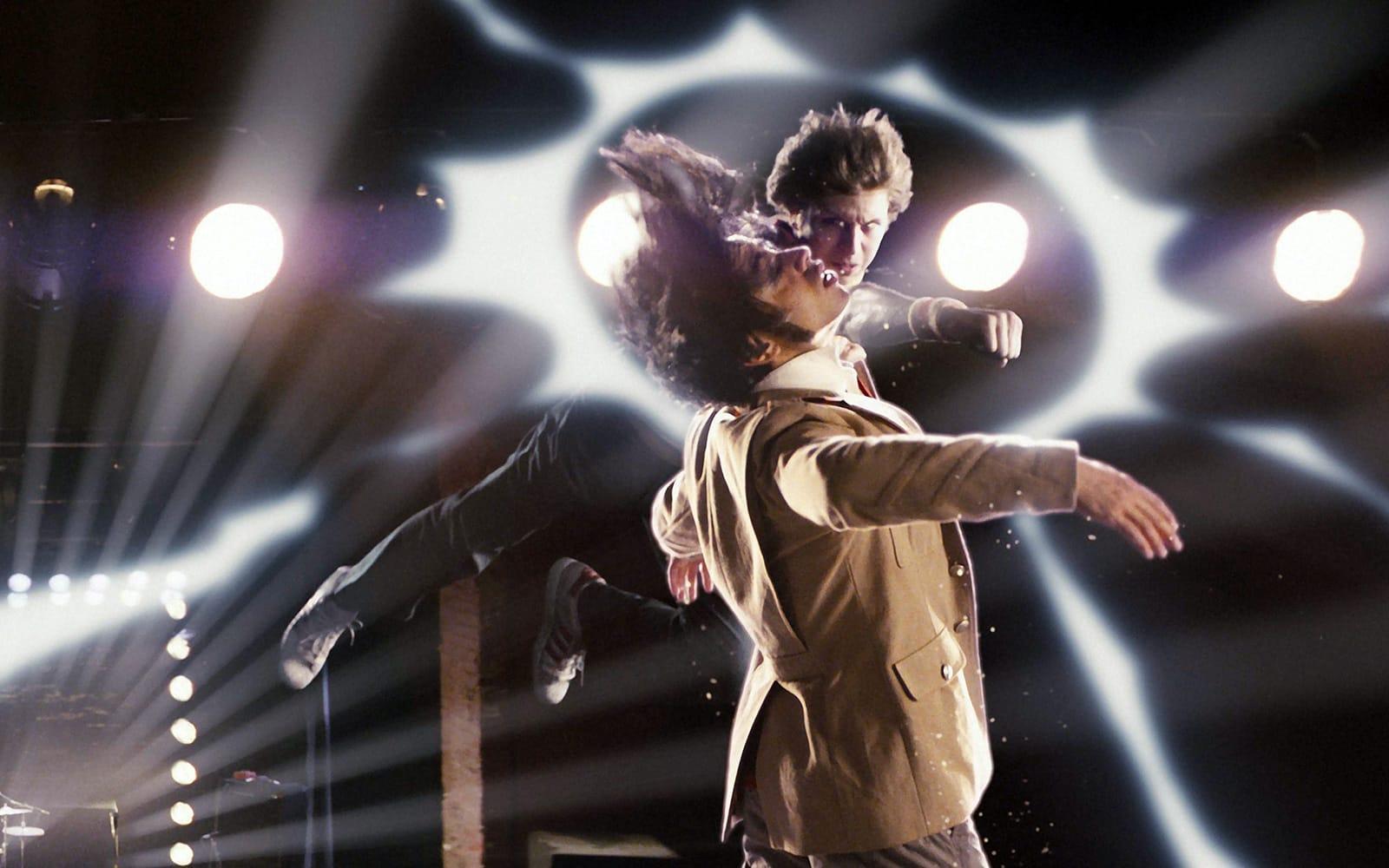The Objectification of Scott Pilgrim

Scott Pilgrim vs. The World is arguably one of the most pop culture-savvy movies released in recent memory. I saw it on opening day and thoroughly enjoyed it. But even so, I’ll admit to being a little troubled by some of the movie’s plot turns and simplifications.
I would never go so far as to say that the movie encourages the view of women as property, nor would I ever describe it as “Twilight for boys.” But there is something about its view of love and relationships that does bother me — something that won’t quite go away, something that isn’t entirely washed away by the movie’s ultra-giddy sense of style and nostalgia.
PopMatters’ “Scott Pilgrim vs. Thematic Clarity” is, I think, a fairer assessment of the film’s flaws.
Inasmuch as Pilgrim explores the “save the princess” archetype and questions romance as an abstracted end point arrived at through violence, the story then summarily rejects deeper characterization by asking us to forget all that and cheer for the death of the final boss anyway — simply because he’s a bigger jerk than Scott is. Ramona, the girl of Scott’s dreams, rarely rises above the level of the chorus or a visual aid, so it’s actually rather a relief in the film when Scott decides this isn’t about winning her. He acknowledges her incongruity within the flatness of his own story, but instead of reconfiguring and instilling depth in its framework to make it all work, he simply sections her off for later. Romance apparently can’t work within the very constraints that Pilgrim has set up for itself, but rather than performing the much-needed overhaul, the narrative simply accepts itself uncritically.
For what it’s worth, I do think that the movie’s somewhat shallow treatment of certain themes is simply due to the process of adapting and translating a multi-volume graphic novel to the silver screen — and deciding to focus, for obvious reasons, on making the “boss battles” as awesome as possible. Bryan Lee O’Malley’s graphic novels do a much better job of fleshing out and exploring the moral complexities of the characters’ actions and offer a more nuanced take on many of the characters, all while still packing in the “boss battles” and 8-bit video game love.
This entry was originally published on Christ and Pop Culture on .